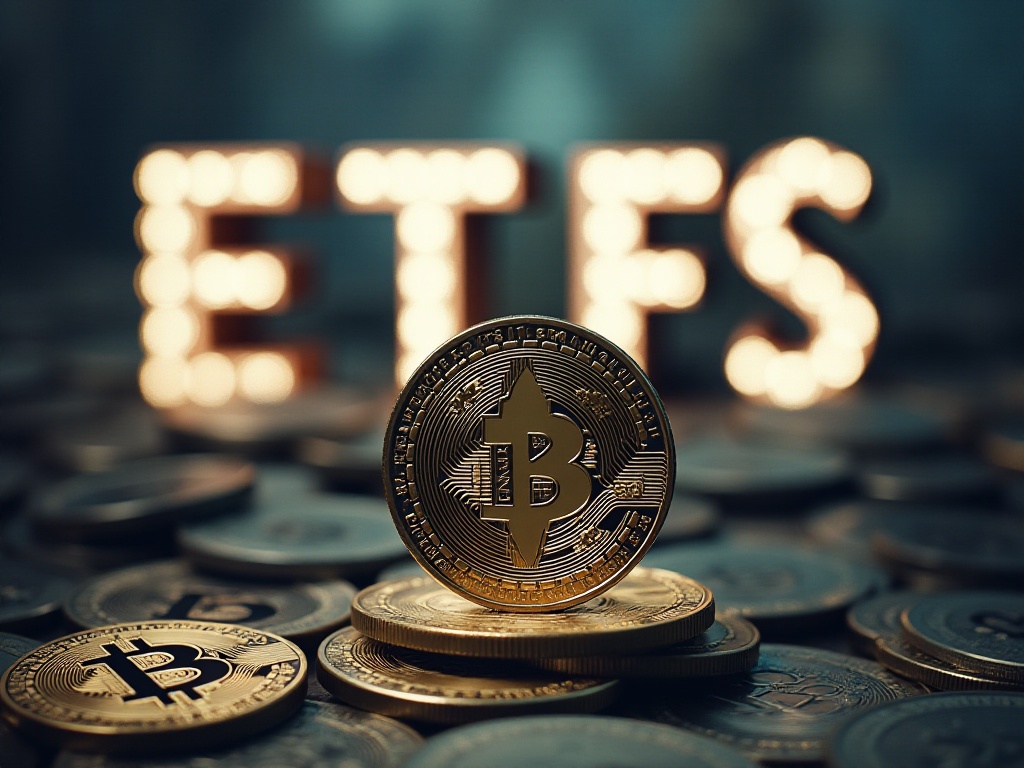How a 3-Year Token Lock Could Reshape Solana's Leading DEX
Picture this: It's a typical Monday on crypto Twitter when Jupiter, Solana's powerhouse DEX aggregator, drops a bombshell announcement that sends ripples through the ecosystem. The message? A game-changing commitment to its token holders that could set a new standard for protocol tokenomics.
The Power Play: Breaking Down Jupiter's Buyback Strategy
In a move that's turning heads across the DeFi landscape, Jupiter has announced a massive token buyback program that's anything but ordinary. The protocol will channel a whopping 50% of all its protocol fees into buying back JUP tokens from the open market. But here's the kicker - these tokens won't be hitting the market again anytime soon. They're getting locked away for three years, showing Jupiter's unwavering confidence in its long-term vision.

Why This Matters: Beyond the Basic Buyback
Let's cut through the noise and understand why this isn't just another token buyback announcement. First, we're talking about half of all protocol fees - not a small commitment by any measure. This systematic removal of tokens from circulation could create an interesting supply dynamic, especially considering the three-year lockup period.
The timing of this announcement is particularly noteworthy, coming at a time when: - DeFi protocols are increasingly focused on sustainable tokenomics - Market participants are demanding stronger value accrual mechanisms - Long-term alignment between protocols and token holders is more crucial than ever

The Clock is Ticking: Implementation and Timeline
For those keeping score, the rubber meets the road next Monday when Jupiter begins executing on this promise. This isn't a distant future proposal - it's immediate action that token holders can track and verify. The transparency and immediacy of the implementation showcase Jupiter's commitment to walking the walk, not just talking the talk.

Looking Ahead: Implications for Jupiter's Ecosystem
This move could mark a pivotal moment in Jupiter's journey. By locking tokens for three years, the protocol is essentially putting its money where its mouth is, signaling confidence in its long-term trajectory. For token holders, this creates a clear value proposition: as the protocol generates fees, a significant portion of that value flows directly back to supporting the token's economics.
The three-year lockup period is particularly fascinating. It's long enough to demonstrate serious commitment but not so long as to raise concerns about permanent token removal. This careful balance suggests thoughtful consideration of both immediate market impact and long-term sustainability.
As we watch this story unfold, one thing is clear: Jupiter isn't just playing the short game. This move sets the stage for what could be a new chapter in DeFi protocol tokenomics, where sustainable value creation takes center stage over short-term price action.









